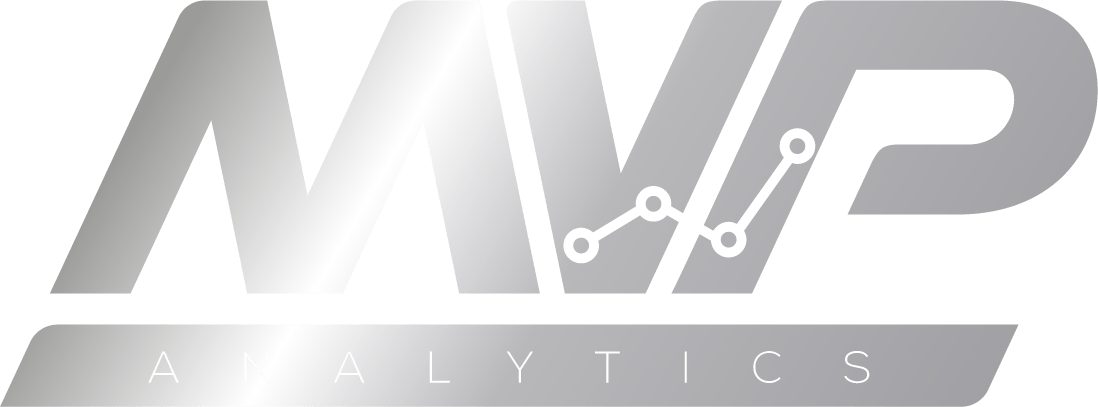Supplements and exercise nutrition aids are a massive industry. Figures estimate the dietary supplement market will be worth 278 billion dollars by 2024.
This goes to show the appetite for the market and the potential costs to the customers. So the question is do you need to take supplements and more importantly should you be taking them?
The key is to understand the term ‘supplement. A supplement is something that is added to complete or enhance. Something else to add to this is, what is it that you are trying to achieve? and what quantity, what type and for what length of time should you be taking supplements?
Below are a few rules to consider before you set out to supplement:
- Make sure you take a diet first approach. No matter what supplement you take a poor diet will hinder any progress
- Understand the supplements you are looking to take. Do your research and talk to trustworthy and knowledgeable people. HINT only a small number of supplements are frequently backed by science and proven to work if taken properly (whey protein, omega 3s, creatine & vitamin D).
- Do not fall for social media or celebrity endorsements. They often get paid and earn more money depending on the number of sales they attract.
- If you play a sport (especially at the national or international level) you must fully understand your governing bodies anti-doping policies. The supplement industry is very unregulated and cross-contamination can occur.
Supplements:
Whey protein:
It's derived from the cheese manufacturing process (whey is a by-product). Protein supplementation has been proven to:
- Aid with muscle gain, building and repair.
- Protein is key to the make-up of muscle, tendons, organs and all cellular activity that occurs in the human body.
- Protein supplementation is often used by bodybuilders and other athletes as part of an already nutritious diet.
- Good protein sources include most meats (lean, chicken/turkey breast etc.), fish, dairy and nuts legumes.
Omega 3:
- Said to increase brain function
- Can increase joint health and mobility
- Can help reduce hunger and appetite
- Can be found in oily fish (salmon, mackerel, tuna etc.)
Creatine:
- Found naturally in muscle cells and supplementing can increase stores in those cells
- Helps to increase workload during training (able to go for longer)
- Can increase muscle growth in trained and untrained individuals
- Can find a good source in red meats (steak, mince etc.)
Vitamin D:
- Calcium regulation within the body and promote bone, teeth and muscle health
- Has been linked with helping regulate the immune system and neuromuscular system health
- Vitamin D is the easiest supplement to access. Simply step outside and get some sun.

Supplements are not cheap and there are far more cost-effective ways of getting extra sources of nutrients into your diet. You want more protein, drink milk (add low sugar syrup or chocolate powder for taste) and other proteins products mentioned above. You want a greater source of omega 3 fish oil or creatine, eat more oily fish (salmon or mackerel) and red meat (in moderation). Vitamin D is the simplest - go outside and get some sun!
Your nutrition should be based on good practice with a strong diet first approach. Do not rely on supplements to reach your goals!
Don't forget to follow us on Twitter, Facebook and Instagram for further advice and guidance for ways to improve physical health and your mental well-being.
Team MVP
Disclaimer: This post was written by our highly qualified coach. However please be aware that you should always consult with a coach, nutritionist, doctor, parent, or another knowledgeable person before embarking on a nutrition/supplement plan.
